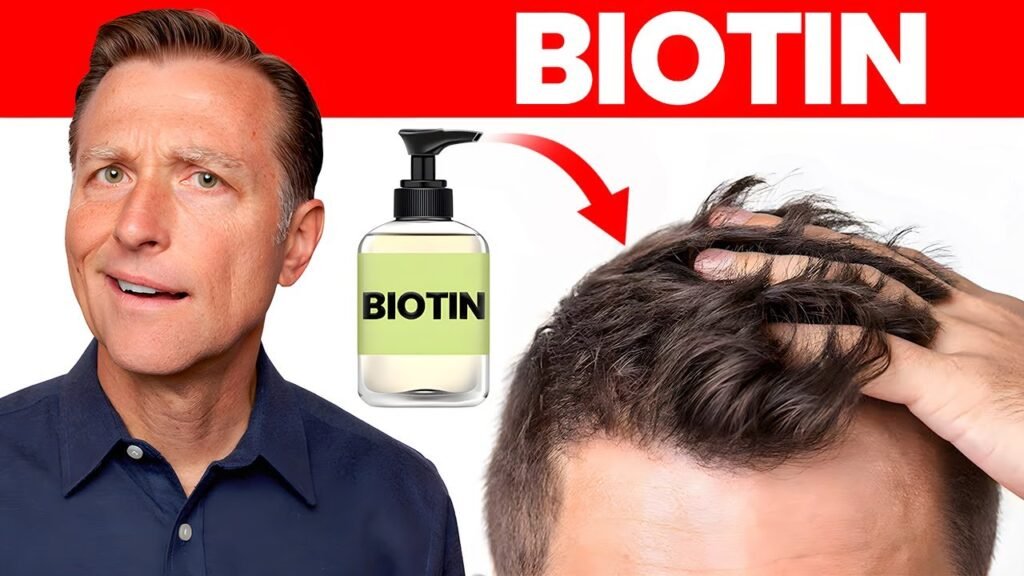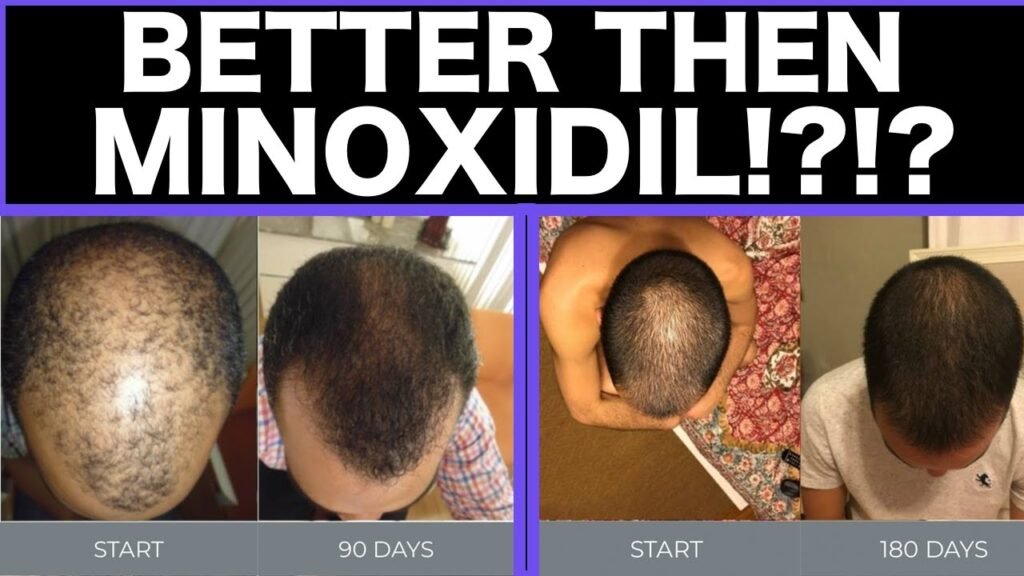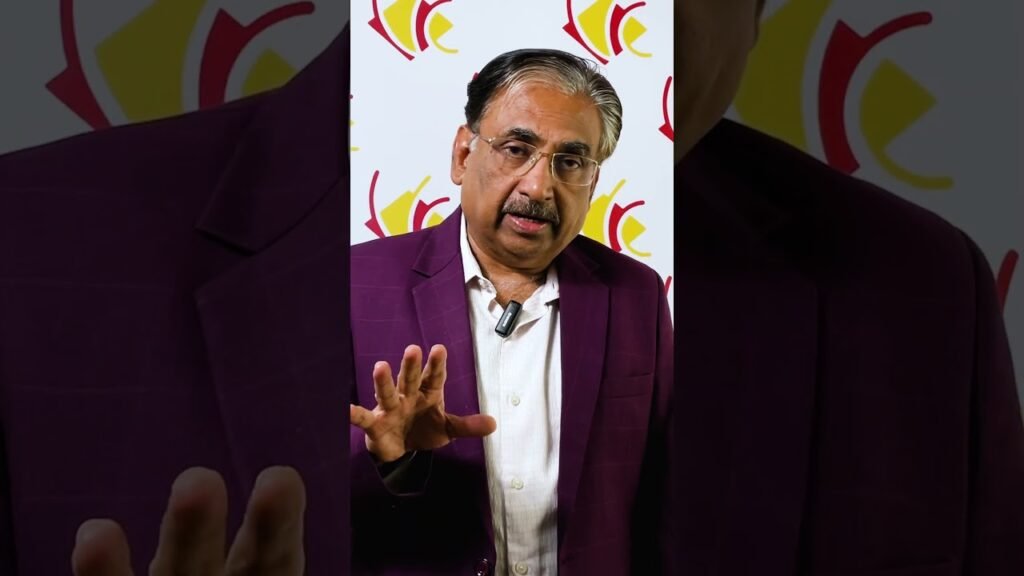Which one should you use: Minoxidil vs biotin
When considering options for hair growth, two popular choices often emerge: Minoxidil and biotin. Understanding the differences between these two can help you make an informed decision on which one might be more suitable for your needs. Minoxidil is a topical treatment that has been approved by the FDA for hair loss. It works by stimulating hair follicles and increasing blood flow to the scalp, promoting hair growth. Biotin, on the other hand, is a B-vitamin (B7) that supports the health of hair, skin, and nails. It is often taken as a supplement to strengthen hair and prevent thinning.
Minoxidil: The Topical Solution
Minoxidil is most commonly used for androgenetic alopecia, also known as male or female pattern baldness. It is available in liquid or foam form and is applied directly to the scalp. Users of Minoxidil often report noticeable improvements in hair density and thickness within a few months of consistent use. However, it requires ongoing application to maintain results, and some users may experience side effects such as scalp irritation or unwanted facial hair growth. Its important to follow the instructions carefully and consult with a healthcare professional if you have concerns.
Biotin: The Nutritional Supplement
Biotin is frequently recommended for individuals looking to enhance the overall health of their hair. While there is limited scientific evidence directly linking biotin supplementation to significant hair growth in those without a deficiency, it is known to improve hair strength and texture. Biotin is generally safe to take as a daily supplement, and deficiencies are rare. However, excessive intake can sometimes interfere with certain lab tests, so its advisable to consult a healthcare provider before starting high-dose supplements. Biotin is also naturally found in foods like eggs, nuts, and whole grains, making it easy to incorporate into a balanced diet.


